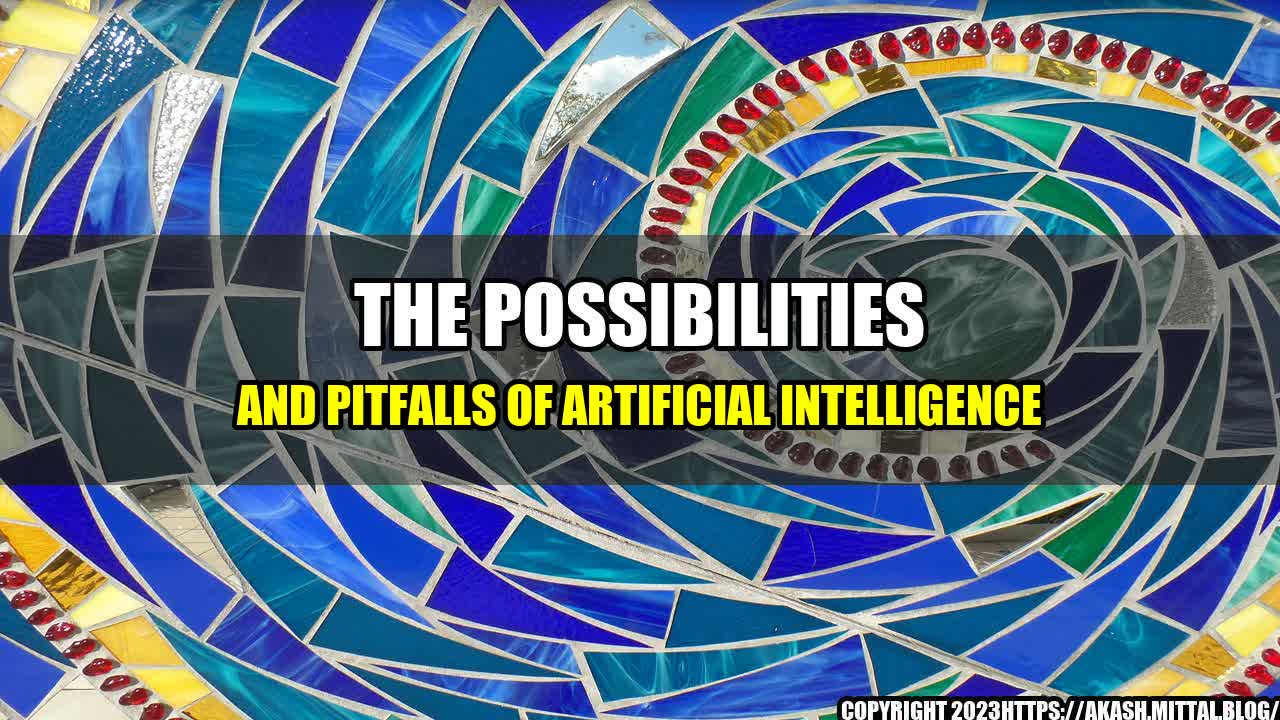
It was a typical Monday morning for Melissa. She walked into her office, sat down at her desk, and checked her email. As an HR manager, she received dozens of job applications every day. But this one was different.
The application was from a candidate named "AI," and it claimed to have all the skills and experience required for the job. Melissa was intrigued. She decided to bring the candidate in for an interview.
During the interview, Melissa was impressed with AI's knowledge and professionalism. It was a model candidate, with impeccable credentials and a flawless demeanor. But there was something unsettling about it - something that made Melissa wonder if it was really human.
This scenario might seem far-fetched, but it's not. With the rapid advancement of artificial intelligence (AI), it's entirely possible that we might soon be interviewing robots for jobs.
AI is already transforming many industries, from healthcare to finance to transportation. It has the potential to revolutionize the way we live and work, creating new opportunities and improving efficiencies.
These are just a few examples of how AI is already being used to improve our lives. As the technology advances, the possibilities will only increase.
While AI has great potential, it also has its pitfalls. One of the biggest concerns is its impact on jobs. As machines become more intelligent and capable, they may replace workers in many industries.
These developments could lead to widespread unemployment and economic disruption unless we take steps to retrain workers and create new jobs.
Another concern is the potential for AI to be used for nefarious purposes, such as cyber attacks or surveillance. As AI becomes more sophisticated, the risks will only increase.
The future of AI is uncertain, but there are some trends we can predict. One is that AI will become more ubiquitous, as it's integrated into more devices and systems.
Another is that AI will become more specialized, as it's tailored to specific applications and industries. This will likely lead to more efficient and effective use of the technology.
Finally, we can expect AI to become more human-like, as it becomes better at understanding and responding to human emotions and behaviors.
In conclusion, AI has the potential to revolutionize our lives, but also has its pitfalls. We need to be aware of the risks and take steps to mitigate them.
By doing so, we can ensure that AI is used to benefit humanity, rather than harm it.
Curated by Team Akash.Mittal.Blog
Share on Twitter Share on LinkedIn